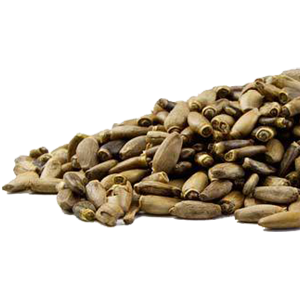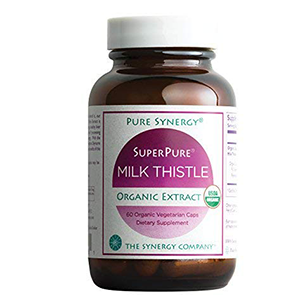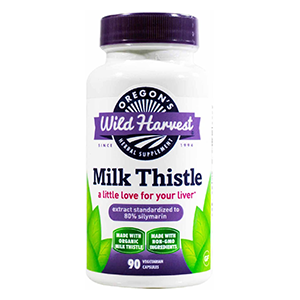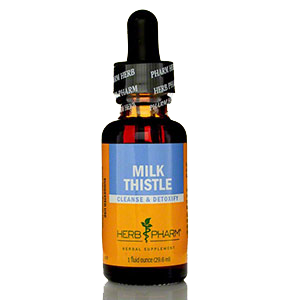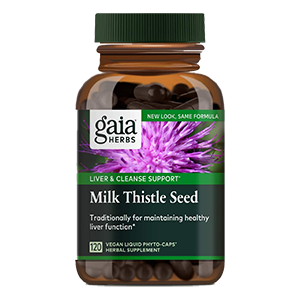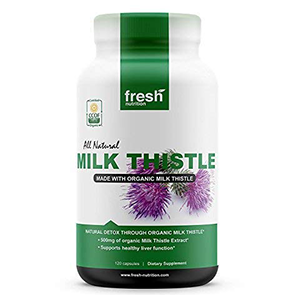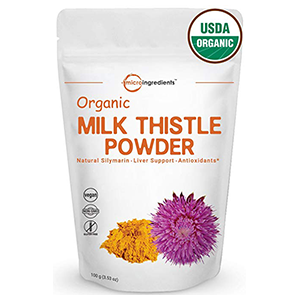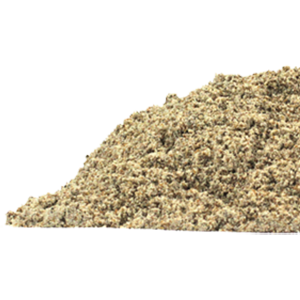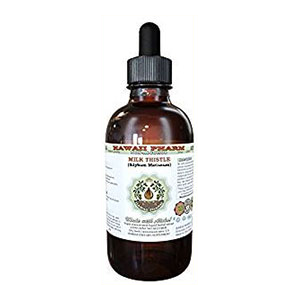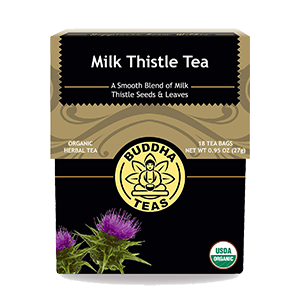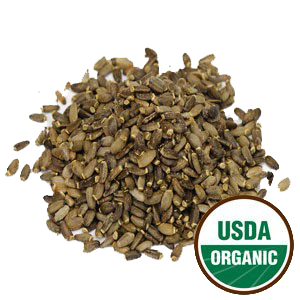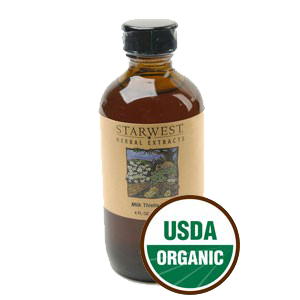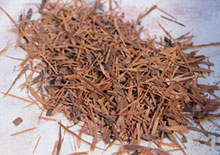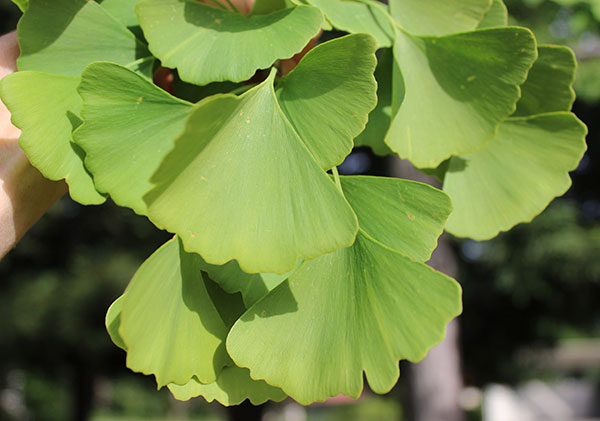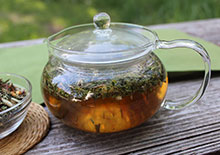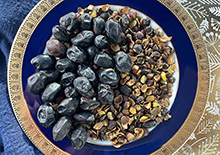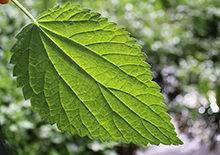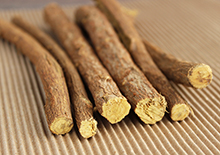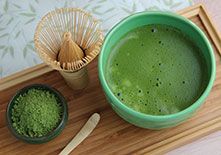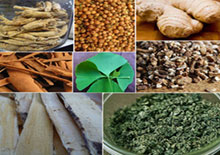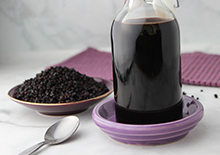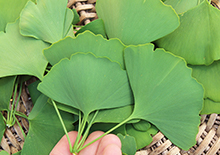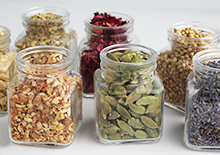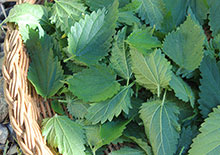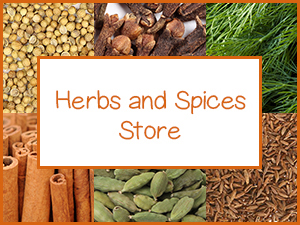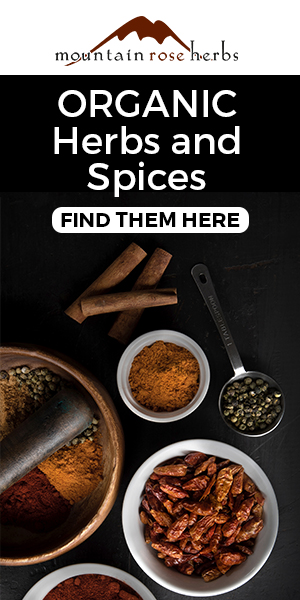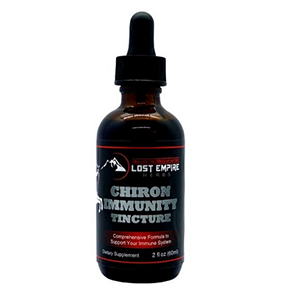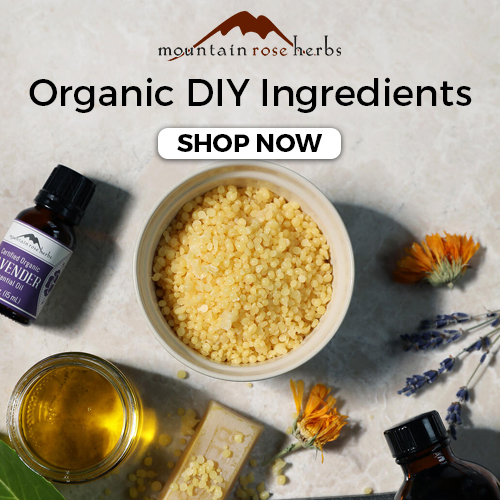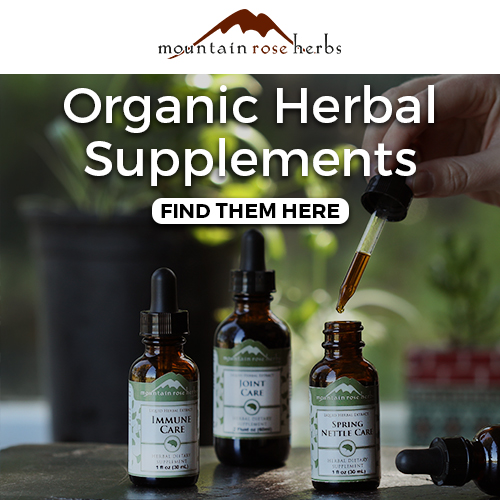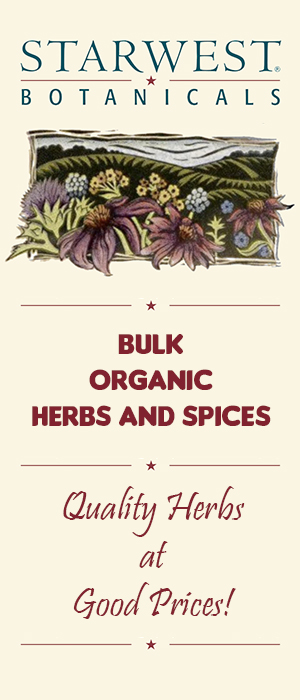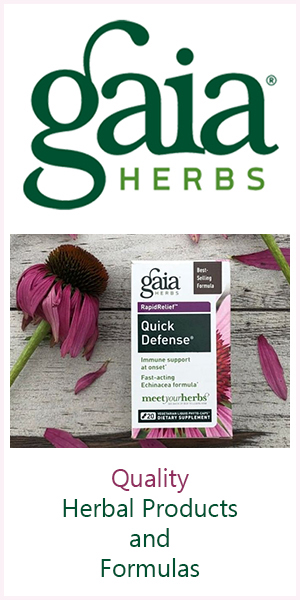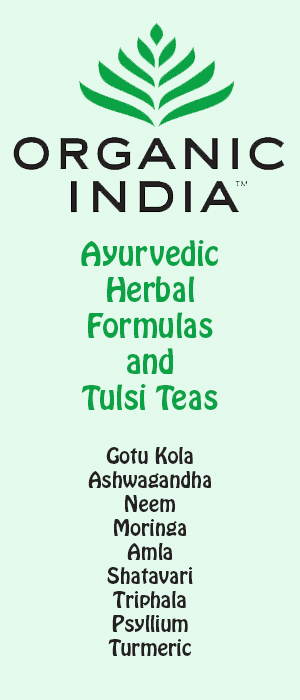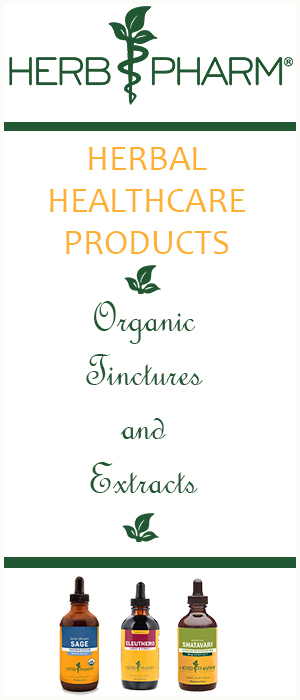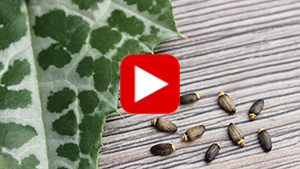- Home
- List of Herbs
- Milk Thistle Seed
Milk Thistle Seed and Its Top 3 Healthful Attributes
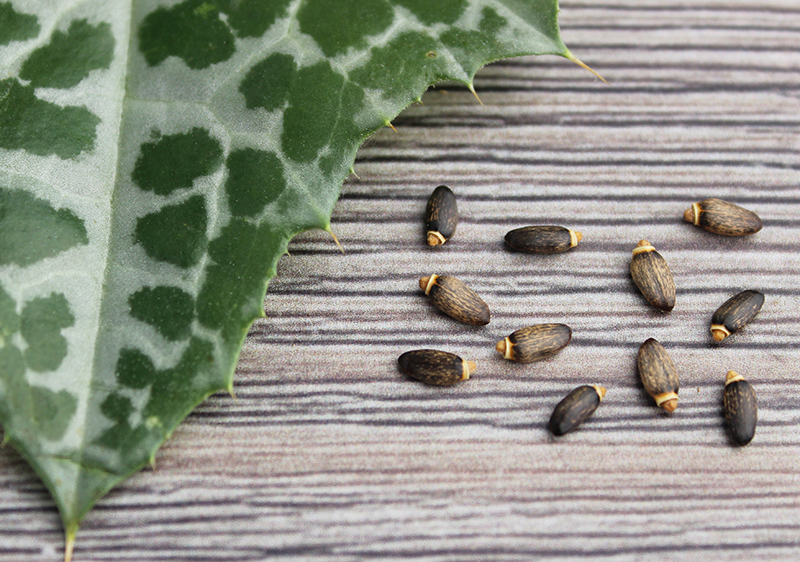
Milk thistle seed comes from the Silybum marianum herb species and is related to dandelions, daisies, sunflowers and other members of the thistle family like the artichoke.
Different than other types of thistles, because of its concentrated compounds, "milk" thistle gets its name in part from the milky veined pattern displayed on its large thick waxy leaves.
Table of Contents
Intro | Top 3 Healthful Attributes | How to Use | Precautions | Shop
It is a wild hardy herbaceous "weed" with dense
pink-purple thorny blossoms that can produce up to 200 hard shiny brown
seeds per dried flower head. These seeds are considered to be the most
medicinally potent part of this thistle variety. They are rarely eaten whole as they are quite fibrous to chew on but are frequently powdered for herbal use or prepared as an extract supplement.
Here are the top three reasons milk thistle powder or extracts might be a useful ally to have handy in your pantry list of herbs.
Top 3 Healthful Attributes List
1) Supports Liver Health
2) Potential Benefits to Skin
3) Digestive Aid Properties
1) Milk Thistle Seed, Supports Liver Health
Milk thistle seeds and their silymarin complex have been a very popular and traditionally used herb in the Western system of herbalism for their overall support to liver functions. This is because the primary active compounds are proposed to have hepatoprotective properties with antioxidant, anti-inflammatory and antifibrotic actions. (Source)
Hepatoprotective meaning "liver-protecting" are substances that can help to protect and maintain a healthy liver and its all-important role in the human body.
The seeds are composed of flavonolignans which are collectively known as SILYMARIN. (*) This group primarily includes three main compounds:
- silybin (silibinin)
- silydianin (silidianin)
- silychristin (silicristin)
Silymarin may be beneficial for assisting hepatic glutathione production in the liver organ. GLUTATHIONE, often called the body's "master antioxidant", helps to protect from the damaging effects of reactive oxygen species like alcohol-induced free radicals and toxins like heavy metals.
The seeds of milk thistle can provide a nourishing benefit as a liver tonic by supporting the detoxification processes. As the body's major organ of detoxification, the liver's main goal is to filter the blood and remove what doesn't belong there.
Fresh ground milk thistle seed or extract products might be an herbal supplement option to consider adding to the diet on an intermittent basis when detox protocols might be in order. Supplemental use can work in conjunction when doing a juice cleanse or adhering to a cleansing diet regime a few times a year.
As the liver works to remove toxins, it is often a place of inflammation. Herbs like milk thistle are believed to help cool things down and encourage an anti-inflammatory influence.
As a folk remedy, it is reported to be a nourishing herb for acute and chronic liver-related issues. This is due in part to its antifibrotic potential which can shield the liver against tissue scarring and conditions like cirrhosis.
While it is suggested helpful for many liver disorders, in such instances you should always seek the advice of a qualified healthcare practitioner before using it for self-treatment. Currently, the FDA does not approve of using milk thistle as a treatment for any medical condition.
Milk thistle seed powder can be a nice staple herb to include in one's apothecary for general liver maintenance, along with other cleansing herb favorites such as dandelion root, burdock, turmeric and bitter green herbs like blessed thistle, a relative of the milk thistle species. It is important to keep in mind that some of these other liver herbs may be more appropriate depending on your specific individual scenario which should always be taken into consideration.
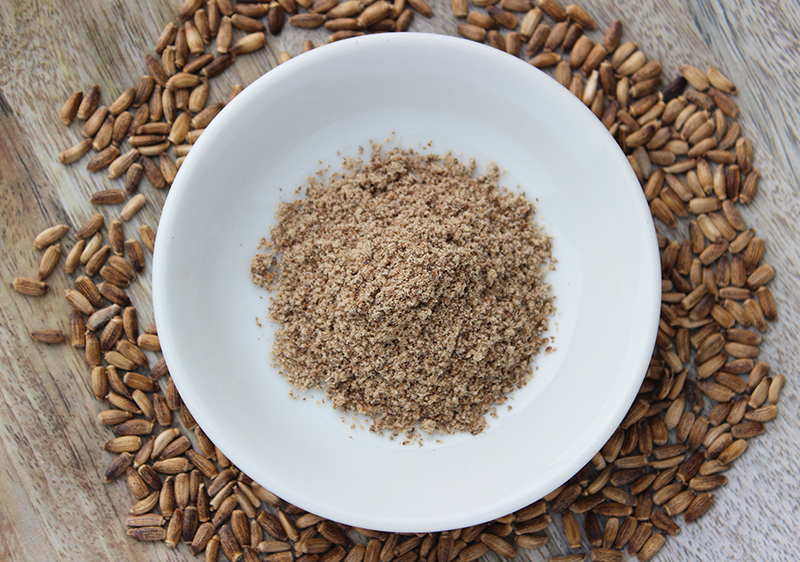
2) Milk Thistle Seed, Potential Benefits to Skin
Milk thistle has been used as a healthful herbal remedy for skin disorders mostly due to its antioxidant, anti-inflammatory and cleansing potentials.
Sometimes referred to as the "largest organ of elimination", the skin is considered by most herbalists to be directly affected by liver detox protocols. Whether you’re doing a simple juice fast or just eating lighter and healthier on the dietary spectrum, often times the skin and face can benefit.
Likewise, herbal products which support the health of the liver, like milk thistle or silymarin supplements, may simultaneously help to clear and beautify the skin. Again, this is especially the case when used in conjunction with health-promoting diet and lifestyle choices.
While more evidence-based research is currently needed, the seeds and their silymarin flavonolignans have been studied for their possible protective dermatological uses, specifically against solar UV radiation and photoaging of the skin.
Milk thistle and silymarin extracts have been also utilized for skin disorders and conditions such as acne. In one clinical trial using a combination of silymarin, selenium and N-acetylcysteine on 56 patients with acne vulgaris outcomes showed a beneficial influence.
In addition, when you nurture the health of the liver other functions like hormone synthesis can likewise foster a skin-clearing impact.
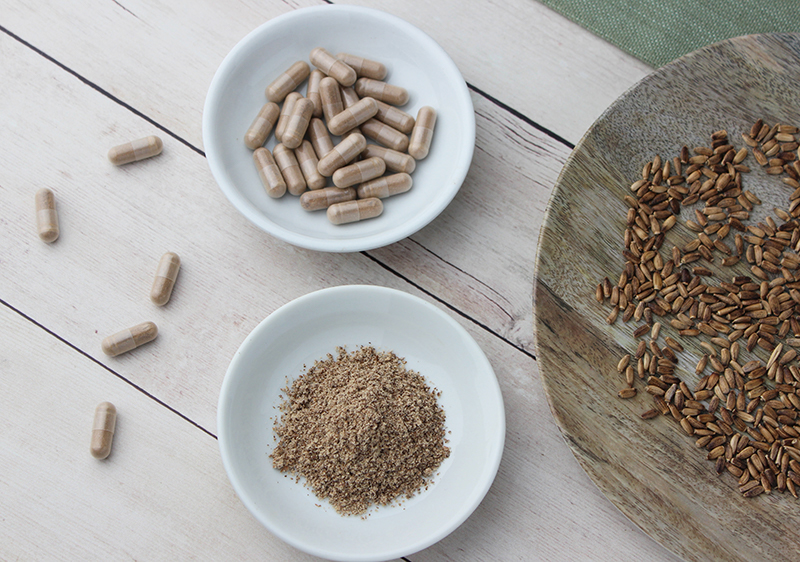
3) Milk Thistle Seed, Digestive Aid Properties
Milk thistle seed powder and capsules are also a supportive herbal ally for facilitating healthy digestive functions. They can be one to add to your selection of digestive aids when sluggish digestion or constipation can become an issue.
Ground milk thistle in particular is often taken before or with meals in small amounts to encourage these benefits. How does it work?
In herbalist terms, milk thistle seeds fall into the class of cholagogues or herbal substances which stimulate the production of bile. This attribute goes along with the seed powder's reputation as a useful herb to consume for the breakdown of dietary fats. This is because bile is the primary way fats or lipids are emulsified from the foods we eat.
Milk thistle seed's actions as a mild natural laxative are due to its demulcent nature as well as these bile activating qualities.
How to Use
We personally prefer to use whole herbs for use in herbal preparations in which case we would use freshly ground milk thistle seed. Consuming the powder itself is thought to be more effective than making tea infusions. Straight seed powders or capsules are therefore most frequently used.
Small amounts of powder can be sprinkled onto meals and salads as well as blended into beverages or just plain water. It has a neutral flavor. A tincture of the seeds is also another supplement option.
Milk thistle seed extracts are very common supplements marketed for liver health. Most all brands are standardized to contain a certain amount of silymarin content.
Extract formulations may also include phosphatidylcholine, sometimes called lecithin, which is believed to increase the bioavailability of the silymarin complex. (Source) Foods that contain lecithin are also a source of phosphatidylcholine, like soybeans and eggs, and might be helpful if you're using straight powders.
One must remember that milk thistle should be regarded as a complement to sound dietary practices, not as a back-up for intentional food or lifestyle indulgences.
Precautions:
Milk thistle seeds can cause mild to moderate laxative effects. They have estrogen-like properties and should be avoided if you have an estrogen hormone-sensitive condition. Milk thistle is from the ragweed family and can cause allergic reactions for some people. Consult your healthcare professional if you are pregnant, nursing, taking any prescription medications or if you have a serious medical condition.
Shop Related Products (About Affiliates & Amazon Associate Paid Links)
Affiliate Disclaimer: This section contains affiliate product links. If you make a purchase through our recommended links, we receive a small commission at no additional cost to you. Thanks for the support.
